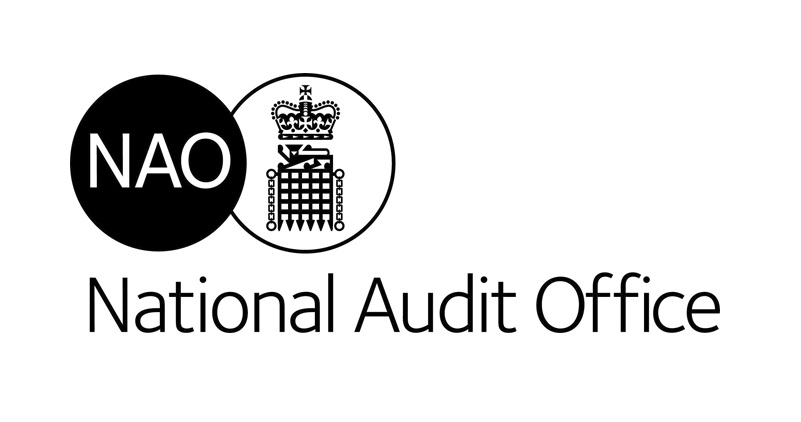
NAO finds that disadvantaged gap has widened
The National Audit Office (NAO) has published a best value report on educational outcomes for disadvantaged children and found that despite around £9.2bn investment the attainment gap has widened.
It recommends in its Improving educational outcomes for disadvantaged children report that the Department for Education (DfE) invest more in early years.
Among its findings were:
- The attainment gap between disadvantaged children and their peers when leaving school is wider than it was a decade ago
- DfE provided significantly lower levels of funding to early years compared to school setting
- DfE does not bring together how much it spends to support the attainment of disadvantaged children.
- NAO estimates the DfE spent around £9.2 billion in 2023-24
- DfE has limited evidence on how well almost half of its estimated £9.2 billion spend supports disadvantaged children
- DfE cannot demonstrate it is achieving value for money
Its conclusions and recommendations included:
- DfE should compare the value of interventions, such as investing more in early years compared with schools
- DfE more clearly sets out how interventions come together, to help: understand how they individually and collectively support attainment; ensure that objectives are aligned; and recognise and manage any gaps and trade-offs
- DfE should develop a research and evaluation strategy to build its evidence base
Purnima Tanuku OBE, Chief Executive of National Day Nurseries Association (NDNA) said: “NDNA has been calling for higher investment to be given earlier in these children’s lives to maximise support for them. NAO’s report confirms that the investment into educational outcomes of children from disadvantaged backgrounds has not reduced the attainment gap.
“Research shows that investing in early education and care really makes all the difference to a child’s life, especially those from disadvantaged backgrounds who are much more likely to fall behind their peers before they even start school. Programmes like NDNA’s Maths Champions leave a lasting legacy, with evidence to suggest that children on Early Years Pupil Premium (EYPP) make six months additional progress in maths and language development compared with those who haven’t participated.
“Early years investment must be a priority in line with mainstream education funding. The current approach is not working as the attainment gap gets ever wider. We agree with NAO that they should be investing more in early years, not less.
“One way to try to redress the balance would be to bring the EYPP in line with that of school pupils. Every pound invested in boosting a child’s foundations for learning save many more in their later education.”
Similar Articles
Huge Government boost will fund many more Maths Champions

Parent survey shows benefits and challenges of funded childcare policy


